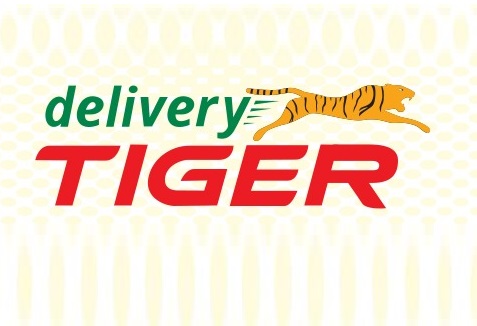
Fatima is a small digital commerce entrepreneur based in Dhaka. She runs an online shop on Facebook that sells exclusive modest fashion items for Muslim women in Dhaka. Her business has grown steadily over the past years.
Thanks to the new era of technological development, the cost of starting and running a business has gone down significantly. Today, you can start an online retail business with a tiny amount of capital which was impossible a few years ago when retail was essentially mean renting up large real estate and so on. Reaching out the customers has also become easier and inexpensive. “Everyone is online these days,” says Fatima. The cost of advertising has increased in the past year since Facebook changed its algorithm and increased the cost of advertising on the platform. “Organic reach is almost zero these days if you are not really good at digital marketing,” she says. “The cost of reaching out to a sizeable population has gone up many times. Facebook ads are expensive.” But it remains far less than what is possible in offline.
Fatima says while the rising digital advertising cost poses a challenge to her business and to many other digital commerce companies, the real challenge comes from logistics. Logistics has been a consistent challenge for us from the beginning. It was bearable in the early days because the market was small and most customers were urbanites. But it has become a real pain in the past few years.
There are several challenges when it comes to logistics. The reach of new generation logistics companies that have been built on the back of the ecommerce industry is limited. Some of them have expanded coverage, but most companies don’t do home delivery outside major urban areas. The cost of delivery is often too high. “It costs Tk. 150++ outside Dhaka delivery,” says Fatima, which increases the overall cost of a product. For example, “if you buy a 300 taka item, it means the delivery charge is almost 50% of your product price,” she adds. Fatima is not alone. This challenge has exacerbated many digital commerce companies in Dhaka. In fact, logistics remains a consistent agenda in any ecommerce related discussion in Dhaka. While the potential opportunity in logistics is big and it has given way to a growing number of logistics companies in Bangladesh that are trying different models, logistics continues to be a major problem and a big opportunity.
A new logistics company called Delivery Tiger, says it has figured a way to address the challenges of online delivery through building a logistics marketplace. Founded by Fahim Mashroor, Founder of Bdjobs.com and Ajkerdeal, Delivery Tiger says it can offer logistics services at a significantly lower price, 25 tk only anywhere in Bangladesh, and the widest coverage across the country.
Delivery Tiger is not your regular logistics company. The company says it the “first logistics marketplace in Bangladesh.” Although a logistics marketplace is a new thing in Bangladesh, it is not a new thing in many other markets including our neighboring India.
The idea is simple. There are tons of logistics companies starting from Sundarban Couriers to Pathao. Each of these companies is good at something. Some are good at delivering heavyweight items. Others are perishable goods. Yet another at coverage in cities and others are in rural areas. Delivery Tiger aims to bridge all these companies through building a marketplace for logistics or a logistics aggregator in Bangladesh. The company says there are different types of logistics companies that are good at different things and it aims to create a synergy of strengths of different service providers and offer price benefits to customers.
The logic is axiomatic. There are companies that are good at urban deliveries and there are companies that are good at rural deliveries. If you could use a marketplace and then take advantage of data and tech to utilize the strength of each of these independent companies, who are good at different things, where it is needed, it could dramatically reduce the cost of delivery. This is how Delivery Tiger aims to offer a TK. 25 delivery fee countrywide.
This is a worthy ambition - building an online logistics marketplace. The challenge of logistics is real. The market is big and growing. The advantage of such a platform would be huge for both the merchants and the platform itself.
This, however, does not come without caveats.
First, the incentives for many logistic companies such as eCourier or Pathao are relatively low to join such a marketplace. At least at the beginning when the demand Delivery Tiger generates is not that high. Convincing these logistics players to leave their independence and join a marketplace will be a tall order. Moreover, they would fear that such a service would eventually monopolize and cannibalize their business. The price, which is significantly lower, also makes it a challenge for third-party companies to join the marketplace. The scenario could change if Delivery Tiger can generate enough demand.
Second, maintaining service quality would be a challenge. Marketplaces always suffer from their lack of control. While lack of control offers the benefit of cost and infinite scale, it takes a toll on the service quality.
That being said, the dilemma of a marketplace will always be there and despite the predicament marketplaces across markets are doing great business in many verticals. The deciding factor, however, for Delivery Tiger will be how it addresses these concerns - working with logistics partners and ensuring quality. If it succeeds, the online logistics scene is going to be very different in Bangladesh in the near future.
